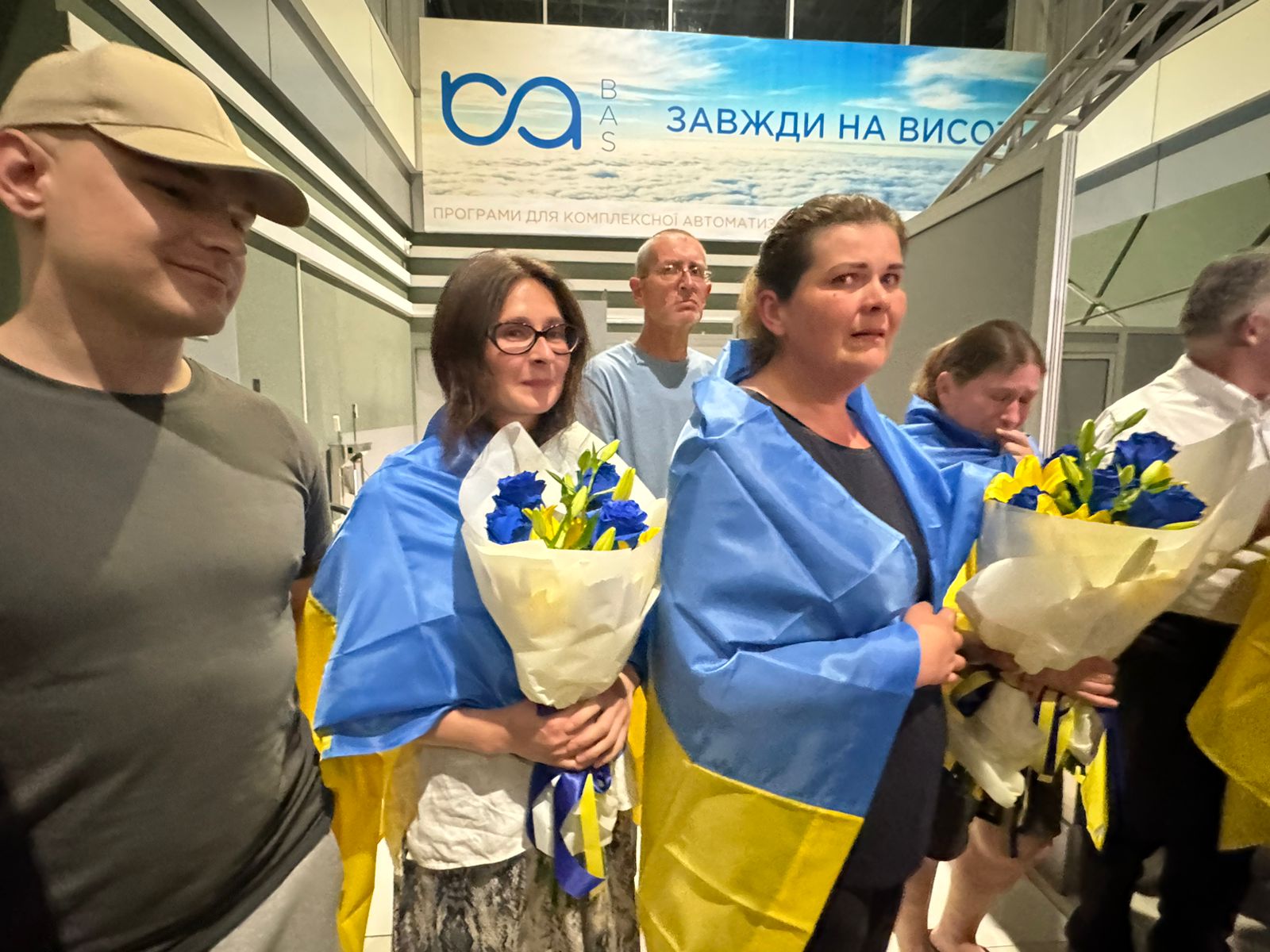Ukraine has secured the release of 10 civilians held captive by Russia and Belarus, including prominent Crimean Tatar leader Nariman Dzhelyal and two Greek Catholic priests, in a prisoner exchange facilitated by the Vatican.
This development marks a significant diplomatic achievement for Ukraine, bringing home individuals who had been detained for years under various charges and giving hope for other Ukrainian civilians sentenced on false pretexts by Russia. The release of Dzhelyal highlights ongoing tensions surrounding the Russian-occupied Crimean peninsula, while the liberation of the priests underscores the targeting of religious figures in Russian-occupied territories.
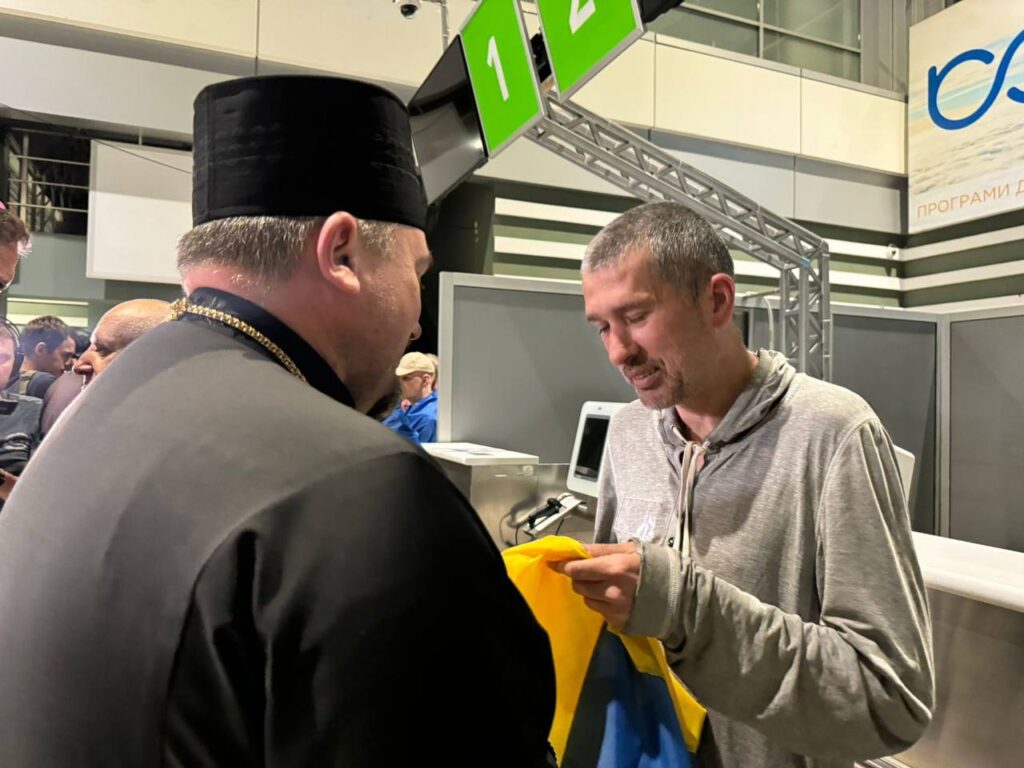
President Volodymyr Zelenskyy announced the exchange, stating, "We managed to return ten more of our people from Russian captivity. Despite all the difficulties." He emphasized the diverse backgrounds of those freed, including two Greek Catholic priests and five civilians captured in Belarus.
The Department of Information of the Ukrainian Greek Catholic Church (UGCC) reported that Father Ivan Levytskyi and Father Bohdan Heleta, both hieromonks of the Congregation of the Most Holy Redeemer, were among those released.
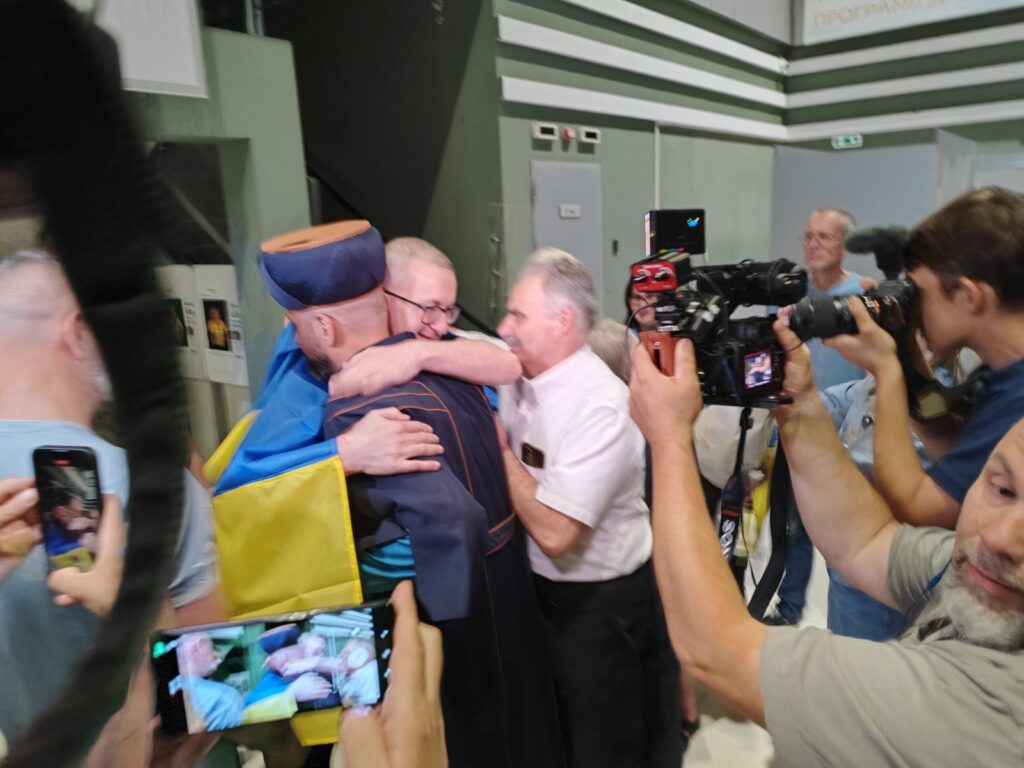
The department informed that they had been arrested in occupied Berdiansk, where they chose to remain to serve their parish after Russia occupied the Ukrainian city, on 16 November 2022, and subjected to daily torture. The arrest was made on a false accusation of illegal weapons possession after military items were planted in their church, according to the UGCC information.
The UGCC leader Sviatoslav expressed sincere gratitude to the Holy See for saving the priests, with special thanks directed to Pope Francis, Cardinal Pietro Parolin, and the entire Vatican diplomatic corps. Separate thanks for mediation were expressed to Cardinal Matteo Zuppi and Archbishop Visvaldas Kulbokas, Apostolic Nuncio to Ukraine.
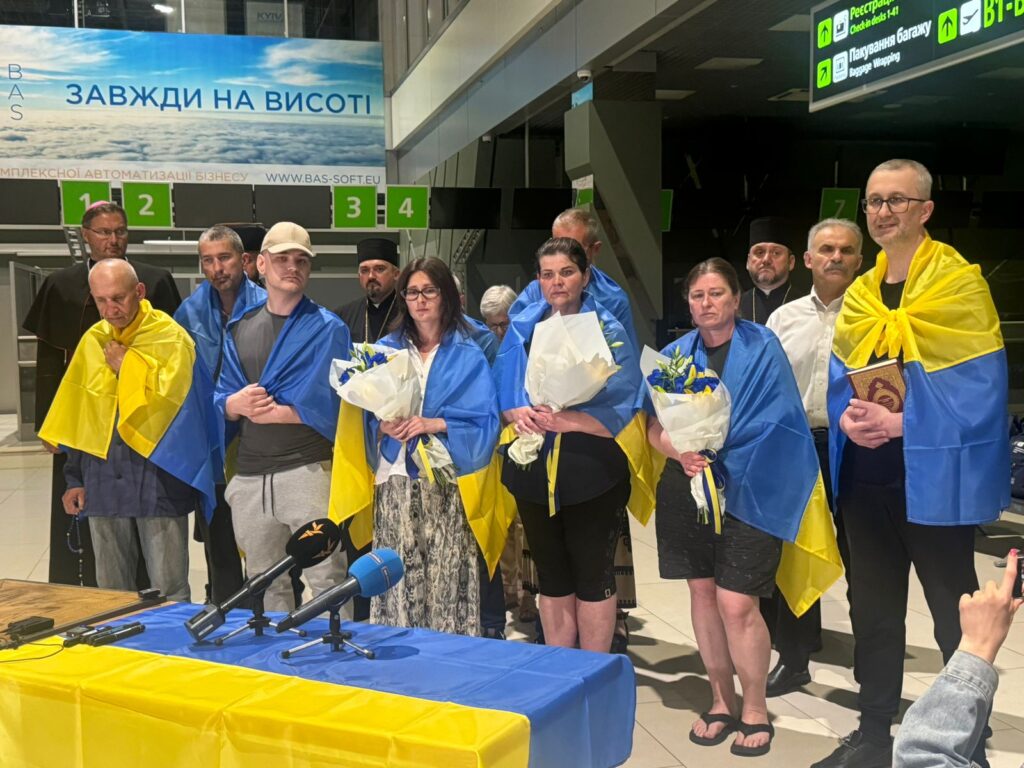
Nariman Dzhelyal, deputy chairman of the Mejlis of the Crimean Tatar people, had been held since September 2021. His arrest and subsequent 17-year sentence were widely seen as retaliation for his participation in the Crimea Platform summit and his vocal opposition to Russian occupation.

The Coordination Headquarters for the Treatment of Prisoners of War provided additional details, noting that this was the 53rd prisoner exchange.
Among them is Olena Pekh, an art historian and scientific researcher at the Horlivka Art Museum, who was detained by Russian occupying forces in 2018 and had been held in captivity since then. Her release after nearly six years of imprisonment marks a significant development in Ukraine's efforts to free long-held civilians.
Valeriy Matyushenko was detained by occupation forces in Donetsk Oblast in July 2017. He was subsequently illegally sentenced to 10 years in prison. His case represents one of the longer-term detentions among those released in this exchange, having been held for almost seven years.
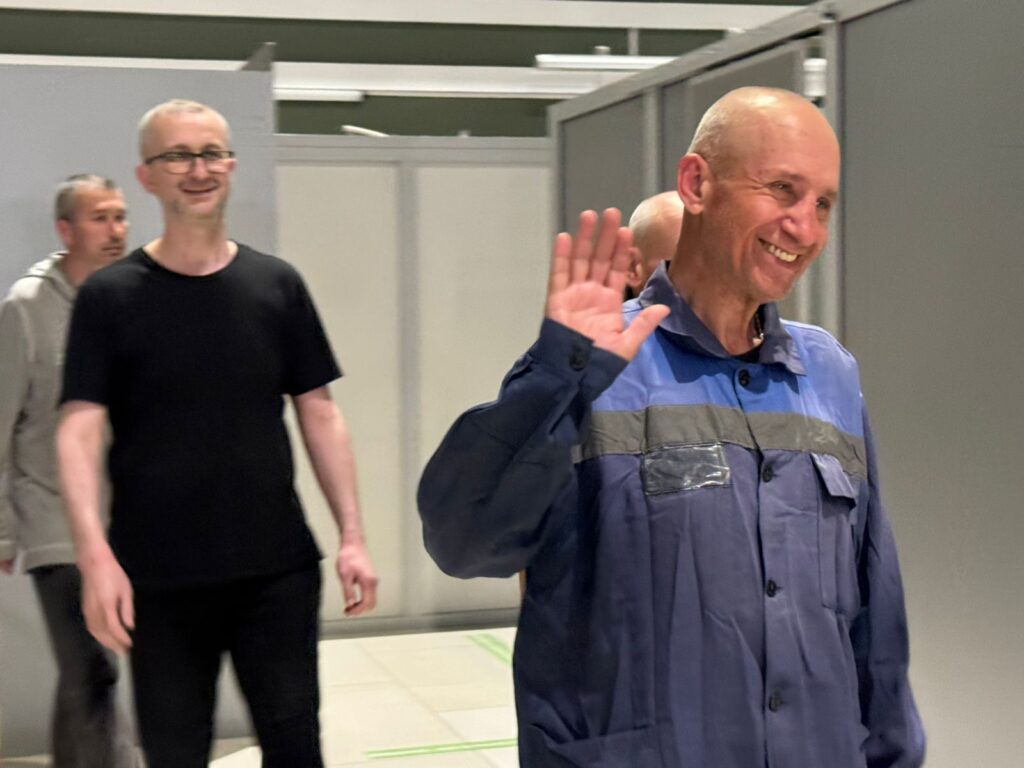
Of particular interest are the five individuals freed from detention in Belarus. Mykola Shvets, a Crimean native, was accused of involvement in the sabotage of a Russian A-50 military aircraft at the Machulishchy airfield near Minsk in February 2023. Natalia Zakharenko, who had been regularly traveling between Chernihiv and Mozyr to transport goods and people after Russia's full-scale invasion, was sentenced to nine years in a closed trial on espionage charges.
Pavlo Kuprienko was convicted of "agent activities" in March 2023 and sentenced to seven years in a high-security penal colony. Kateryna Briukhanova, originally from Kherson, was detained in July 2023 for allegedly sending videos of Russian military equipment movements to an independent Belarusian media outlet. Liudmyla Honcharenko was convicted of "agent activities" in a closed trial in December 2023.
President Zelensky expressed gratitude to all involved in the exchange, specifically acknowledging the Vatican's efforts: "I want to also note the efforts of the Vatican to return these people home."
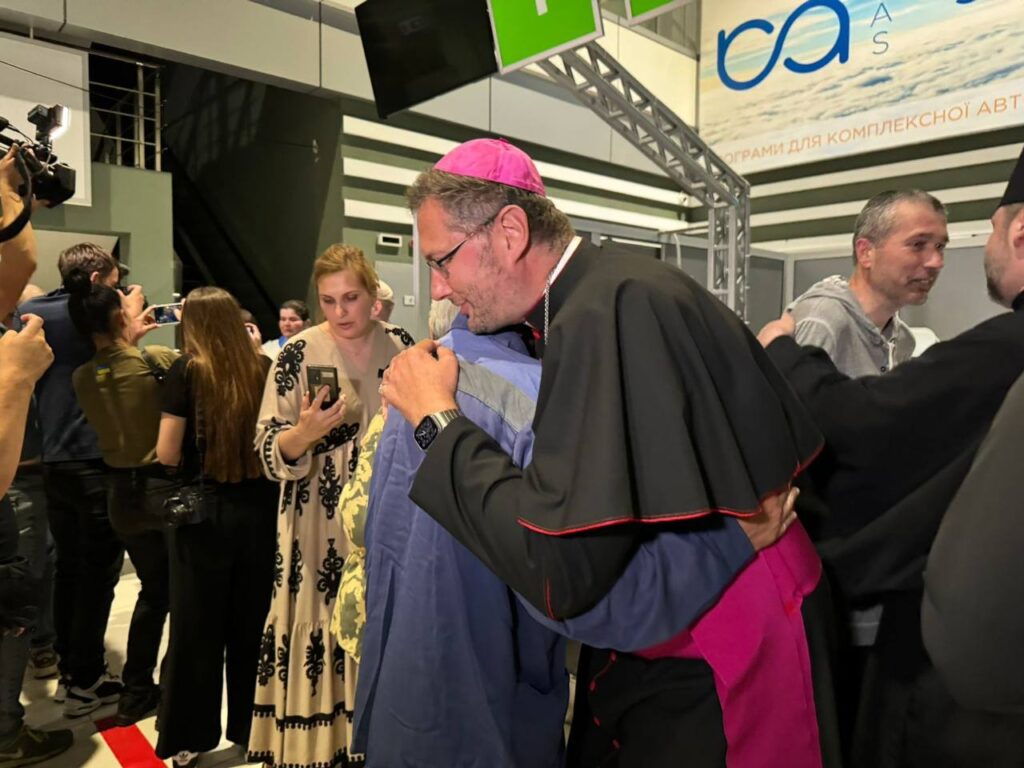
As Ukraine continues to work towards the liberation of its citizens, this exchange demonstrates the potential for progress through international mediation and persistent negotiation efforts.
Related:
- Russia holds hostage over 20,000 Ukrainian civilians – Ombudsman
- OSCE launches special mechanism to investigate Russia’s arbitrary detention of Ukrainian civilians
- “Russians tortured us so badly we thought we wouldn’t make it out alive,” civilian survivors say
- Deportation in the 21st century: what you need to know about Russia’s crime in Ukraine

